


Those of us aged over 40 are probably more used to using pen and paper to communicate. However, with age comes a noticable failure in memory - sometimes we are simply too busy to remember appointments, or indeed, to remember to look in our diaries. So a system that can send us reminders via mobile phone can only be a good thing.
Here, Joan Pons-Laplana outlines his experiences with Flo Telehealth.

In the last issue (Issue 9: http://https://pcnr.co.uk/articles/258/oh-what-a-circus-oh-what-a-show-) we reported on the Academy of Fabulous NHS Stuff Awards, held in November last year. We also featured two of the winning entries.
Here, we show-case the other award winners.

In the last issue (Issue 9: http://https://pcnr.co.uk/articles/258/oh-what-a-circus-oh-what-a-show-) we reported on the Academy of Fabulous NHS Stuff Awards, held in November last year. We also featured two of the winning entries.
Here, we show-case the other award winners.

In my recent editorial ‘In, Out, Shake it All About’ (Issue 8: https://pcnr.co.uk/articles/249/in-out-in-out-shake-it-all-about), I postulated that the revalidation process was likely to be a bit unwieldy. On a personal note, as I am self-employed, I was worried about finding someone to have my reflective discussion with and someone to sign off all the paperwork. Fortunately, a colleague came to the rescue and offered to do both jobs (see, a nurse multi-tasking again).
In return, I agreed to write about my experience of revalidation. So here goes…
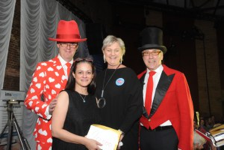
Unless you have been up in the International Space Station for the past two years, you won't have escaped the bru-haha around 'safe' staffing numbers. First NICE was working on a model, then they weren't, someone else was going to do it...
However, while various organisations, including the DH, were spatting over this, Ann Marie Riley, Caron Swinscoe, and various other innovative people came together to produce a model of staff for their organisation.
Then they made it into an App...
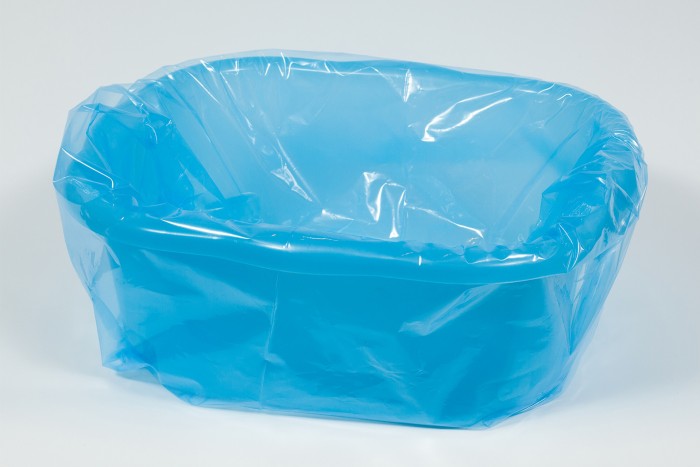
There is data to support the problems of healthcare and hospital acquired infections (HAI) associated with ‘traditional’ hospital basin bathing equipment.
The ABLiS™ antimicrobial basin and liner system provides a cost-effective, practical way of ensuring infection control in hospitals, nursing homes and home environments.
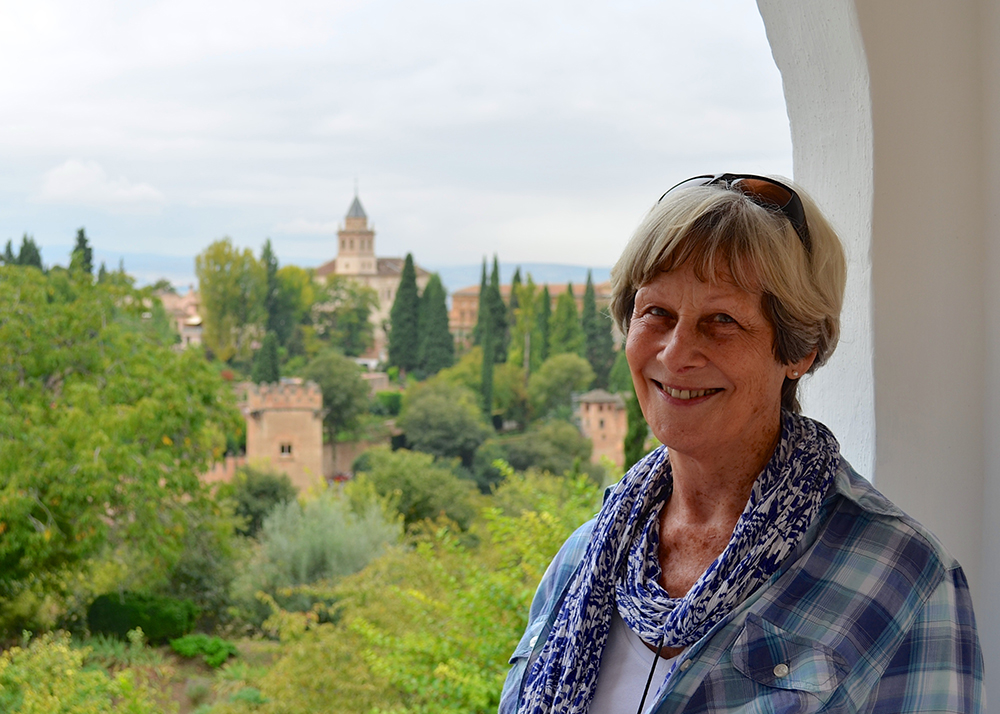
It happens to us all eventually - forgetting what day it is, looking for your car keys and inexplicably finding them in the fridge, conversations with phrases such as 'you know, the thingy...' because you can't quite remember the word for the thingy you are talking about.
Of course, such lapses are not always an indicator of dementia - we all lead busy lives and often are just working on autopilot. But what are the causes of confusion in your patients?
In this article, Sue explains how a few simple steps helped her mother to overcome her confusion.

The Victorians knew how to do a good death. Mourning was almost an art form. Professional mourner was a legitimate career option, bodies were kept at home prior to the funeral, and Queen Victoria made black clothing and retreating to one's country pile de rigeur.
Over the last 150 years or so, society's attitude to death has changed. It's almost a taboo subject.
In this article, Frank Booth explains why we should all be talking about it.
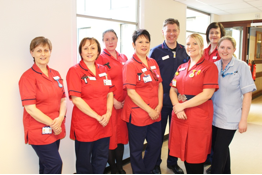
Here at PCNR we know an innovation when we see one! There are those that are ground-breaking and make headline news, there are those that make a difference to a few. And there are those that are so simple, yet so reproducible across the entire NHS, you wonder why no-one has thought of it before.
This is one such innovation…
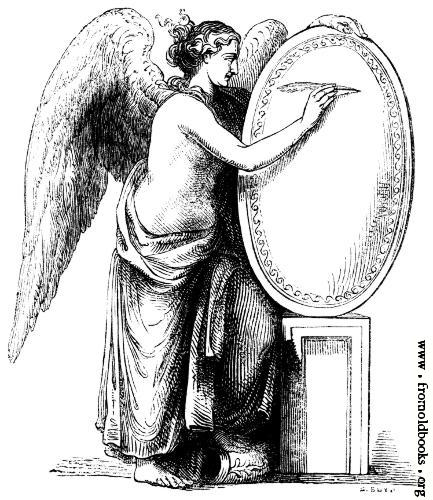
Sometimes you look at the titles of nursing research articles and lose the will to live: for example, 'Instantiating informatics in nursing practice for inegrated patient centred holistic models of care: a discussion', or 'A meta-ethnography of the acculturation and socialization experiences of migrant care workers'. That's not to say they aren't interesting once you start reading them of course, but such titles sometimes make you wonder if the journals only accept articles with titles that are at least as long as the research report.
The Ig Nobel Prizes for Improbable Research is a parody of the Nobel Prizes and is given out each year for ten unusual or trivial achievements in scientific research. The stated aim of the prizes is to "honor achievements that first make people laugh, and then make them think". Here are a couple of examples.
Picture Credit: Roman Victory. Thanks to Liam Quin for kind permission to reproduce: http://www.fromoldbooks.org

David's blogs are usually found in our Comment and Opinion section. However, as this blog focuses on his role as a Patient Director - a new and innovative role - we feel it sits well in Out of the Ordinary.
The House of Commons has just released a report on primary care*. Such an important piece of work on the future of General Practice and General Practice Nurses shouldn't go unnoticed. We've summarised the relevant nursing references here.
* House of Commons Health Committee. Primary Care. Fourth Report of Session 2015-16. http://HC 408. http://www.publications.parliament.uk/pa/cm201516/cmselect/cmhealth/408/408.pdf

The latest news from the Queen's Nursing Institute:
‘Nursing for All’ – A national conference about nursing the most vulnerable
Friday 17 June 2016

Mmmm... it's all been a bit bonkers at the DH. Mr J Hunt is certainly not flavour of the month with the junior doctors, and then there's the whole bursary thing.
So what else is in the news?
We seem to be having a bit of a tele-health focu this issue. News of a fabulous event taking place in June - here!
Want to know what RCN NI is doing for you? Read all about it here.
Want to know what RCN Wales is doing for you? Read all about it here.
Want to know what RCN Scotland is doing for you? Read all about it here.
Want to know what RCN England is doing for you? Read about it here.